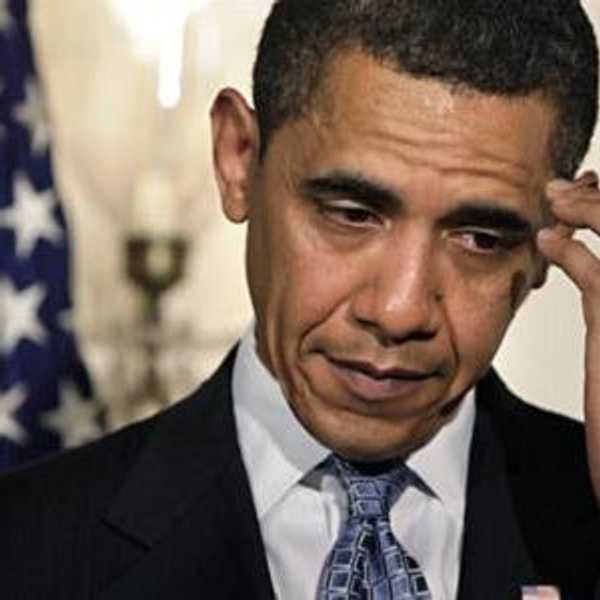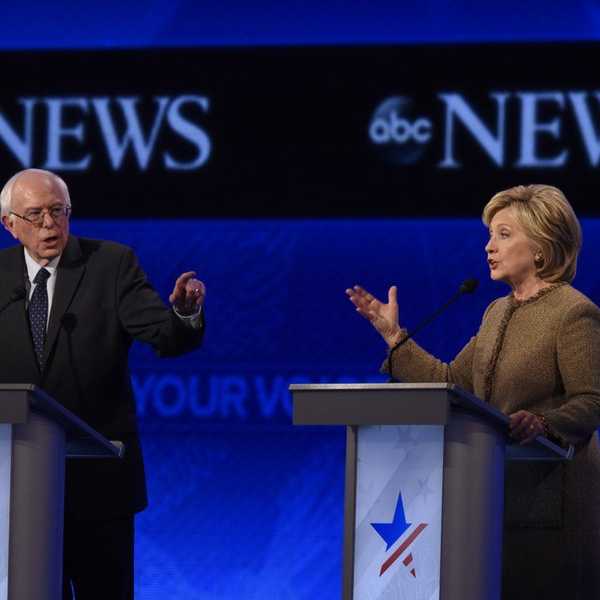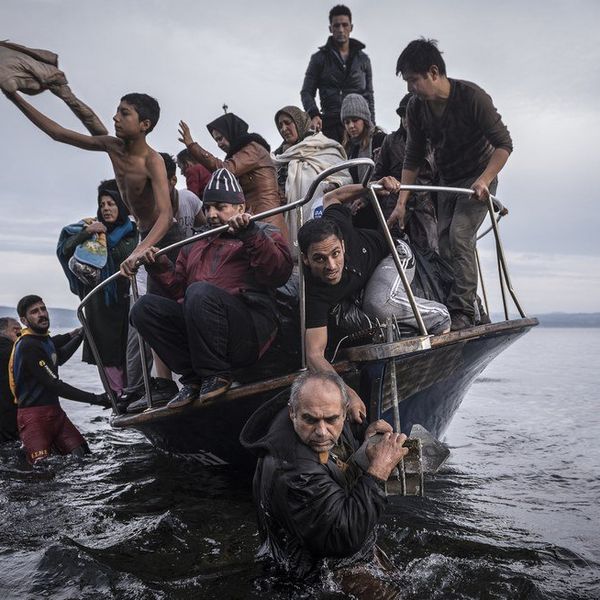With the ongoing affairs in the Middle East, it seems as if the United States has always been involved in the region. Many believe that America has always offered unconditional help and support for the welfare of humanity in that part of the world by paying the price from its own pocket. Although, it is true in many ways, but it is not the only reason why the United States has taken it as a responsibility to “fix” Middle East. Unfortunately, the U.S. may never be able to get out from the Middle East and its conflicts for many reasons. Unless the United States changes its current policies, it will remain a permanent part of Middle East, and here is why:
Middle East: Before U.S. involvement
After the death of Prophet Muhammad (PBUH) in 632 AD, Muslims separated into two major factions, Shia and Sunni, based on their political ideologies. According to Shia ideology, the right to rule and custodianship of sacred places should be granted to the descendants of the Prophet (PBUH). Sunnis argued that the kingdom’s ruler and other administrative posts should be decided based on popular consensus. Shiites represent only 15% of the total Muslim population today, mainly focused in Iran, Syria and Iraq.
Iran, Iraq and Saudi Arabia shaped a power triangle in the area to counter sectarian exploitation. Iraq acted as a buffer zone between the Sunni leader state, the Kingdom of Saudi Arabia, and its traditional contender, Iran. If one gained too much power, the other two would team up to balance it out.
U.S. involvement: Initial Motives
American interests in Middle East, and particularly Saudi Arabia, date back from the 1930s with the development of oil. The control over the Persian Gulf was of vital interest to the US during the mid-20th century. The United States went into the region with three major goals:
1.
Washington had no viable alternative to Saudi oil. It could not alter the fact that Saudi Arabia sits on top of a quarter of world’s proven oil reserves.2.
The United States had to prevent the emergence of any strong independent Arab state with the potential to challenge Israeli hegemony over the region.3.
America wanted to ensure that the power vacuum in the Gulf region would not be filled by East bloc countries and their allies.Iran War: The Beginning of a New Era
In December of 1979, Shah of Iran was removed as the ruler. Khomeini, a Shia cleric, overthrew the then government in order to convert the monarchy into an Islamic Republic. The revolution posed a great threat to Israel and Sunni monarchies, Saudi Arabia in particular, as it could be the light of hope for the oppressed Shiites and Palestinians. Saddam Hussein of Iraq was therefore encouraged by the Saudi officials to wage an unforgiving war against the rise of a new Islamic republic in order to balance the regional triangle. With Saudi funding and a supply of U.S. weaponry, Iraq enjoyed undisputed victory over Iran. It took the United Nations Security Council two years before they addressed the use of chemical weapons, including poison gas. The United States turned a blind eye towards the issue until five years later, when Iraq was called to withdraw its forces.
Like any other war, besides the price of war itself, this war also came with some lessons and consequences. The lessons were mostly learned by the Iranian government, resulting in further hardening of the nation and its views. As a consequence, Saddam Hussein started “flexing his muscles” in the region, forcing Saudi Arabia to rethink its position in the triangle which ultimately, along with some other factors, led to the second Iraq war.
Iraqi Occupation: An Eternal Commitment for the United States
The occupation of Iraq in 2003 destroyed the traditional power triangle in the Middle East. The new pseudo triangle is comprised of the U.S., Iran and Saudi Arabia. Strangely enough, the strongest player in the triangle is not even a Middle Eastern or an Islamic country; and surprisingly, Iran is the definite winner in all the chaos. The reason for Iranian victory is not its Shi’a ideology. In fact, the leading Iraqi Shi’a clerics oppose the Iranian system. The main reason is that the masses are deeply troubled by the fact that Saudi Arabia and Israel are in the same campaign with the United States. A stunning 97% of Saudi population adamantly opposes to any form of cooperation with the Americans.
Sadly, after loss of countless lives and expenditure of trillions of dollars, the United States still finds itself struggling to leave the country for multiple reasons. It failed to establish an independent Iraqi government that can survive without direct U.S. involvement. Due to minimal regulations on funding and weaponry in early years by the U.S., Iran and Saudi Arabia, many other extremist organizations like ISIS have emerged and put the allies in an even more difficult situation. Drone strikes and bombing raids are not the answer to insurgencies. It was a lesson learned by the American government the hard way in Vietnam War. With the current situation at hand, regardless of political administration, the United States can never isolate itself from direct involvement in the region unless it restores the original power triad, or bring a new local player to replace Iraq.
The Solution: U.S.-Iran Coalition
The United States needs to realize that the original driving power in the Muslim world today is not the religion. It is the anger at external intervention and the humiliation of Muslims. The Muslim population is particularly frustrated by Israeli policies. It is of the view that U.S. military itself is one of the reasons for insurgency and civil war. Those who turn towards terrorism are primarily driven by the Israeli and American behavior in the area. The United States also needs to acknowledge that the Sunni monarchies fear democratization and they will do whatever it takes to prevent it, even if it implies promoting violence and instability in the Middle East.
The current Iranian national policy is a product of their harsh experiences with the international community, especially in times of war. The Islamic Republic has very specific national goals. None of the objectives, however, are oriented towards creating any instability in the region. Iran does not have any interest in chaos and fragmentation in the Middle East. The Iranian government wants to restore regional balance and its own security. Its main focus is the Palestinian cause, confronting Washington’s hegemonic schemes and relations with Gulf monarchies, which makes Iran an emerging savior of the Middle East in eyes of the masses.
The United States needs to realize that its goals of democracy and regional balance in the Middle East are in line with the objectives of the Islamic Republic of Iran. If the United States can offer Iran the security assurance and the lifting of sanctions and provide a somewhat practical solution for Israeli-Palestinian conflict, Iran will be less hasty in pursuing influence through its nuclear program. It will, in fact, put its effort alongside the United States to stabilize the region rather than funding Shi’a-inspired extremist groups to neutralize the threat due to the Wahhabi and Sunni terrorist organizations. It will help Iran take the lead in restoring the order of Middle East allowing the United States to pull out from the region, saving many lives on all sides and trillions of dollars that can be used for welfare and development, without creating any further chaos or a detremental power void.



















